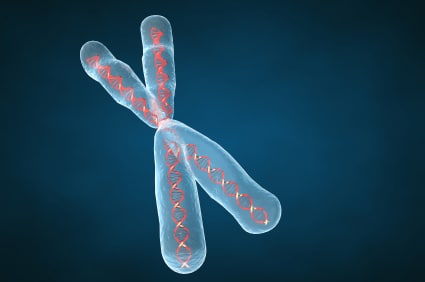
Telomeres and Aging: Is Aging Linked to Shortened Telomeres?
Researchers have already linked telomere length with aging, and they recently discovered that psychological stress plays a role in telomere shortening. They found shortened telomeres among women caring for family members with dementia – which is an undeniably stressful experience for most people. These women not only had shorter telomere lengths but higher levels of a protein linked with inflammation. They believe this could partially explain the harmful effects stress has on health.
Exercise and Telomeres
Psychological stress seems to shorten telomere length and speed up cell aging, but exercising could help to keeps cells and telomeres healthy. In this group of women caring for family members with dementia, the women who exercised didn’t have the same reduction in telomere length that sedentary women did. Exercise seemed to protect the telomeres at the ends of chromosomes from stress-induced shortening.
In yet another study, researchers looked at 251 middle-aged and older women. Some of these women had been abused as children – and some hadn’t. The women who were abused had shorter telomeres on average, but only among those who didn’t exercise regularly. Again, exercise seemed to protect against telomere shortening related to stress.
Telomeres and Aging: What Does This Mean?
Experts have yet to draw firm conclusions, but, at least preliminarily, exercise seems to protect against the type of telomere shortening that can lead to cell aging and an increased risk of age-related diseases. It’s almost impossible to completely avoid stress in life, but heading outdoors for a brisk walk or run three to four times a week could offset chromosomal changes caused by too much stress.
The bottom line? Exercise increases longevity in more ways than one. Isn’t it time to get out your exercise shoes and get moving?
References:
Eurekalert.org. “Exercise May Prevent Stress on Telomeres, a Measure of Cell Health”
Proc Natl Acad Sci U S A. 2004 December 7; 101(49): 17312-17315.
Related Articles By Cathe:
5 Scientifically Proven Reasons Fitness is the Key to Healthy Aging

